What is the Expected Trend of CRS Score in 2020?
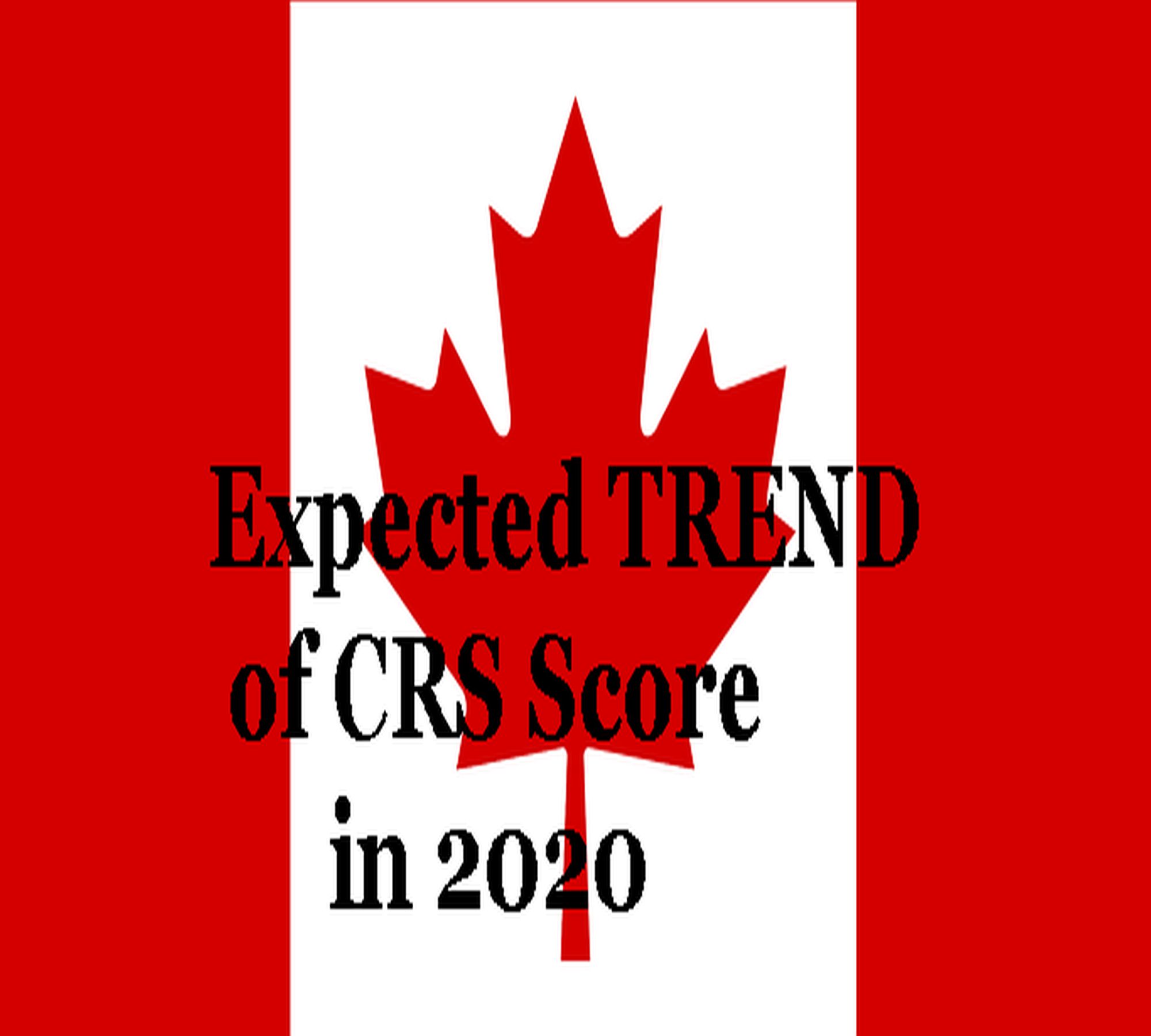
For Federal Skilled Trades Program, Lowest CRS Score Invited in Nov 2019 was 471
Express Entry (EE) system commenced in Jan 2015 for managing Canadian PR applications under different economic immigration categories.
IRCC utilizes Comprehensive Ranking System (CRS) to evaluate, assess and rank applicants’ profiles who apply for permanent residence under different programs of Express Entry. IRCC held 27 rounds of ITA with a total of 89,800 invitations that it issued in 2018.
Using EE application management system, the Canadian Government manages a pool of applicants. Applicants are then ranked utilizing the CRS, which is a point-based method of assessing profiles.
How Are Profiles Ranked in CRS?
In the Comprehensive Ranking System (CRS), total points are 1200. These 1200 points include a core set of 600 points and an additional set of 600 points.
The core set of up to 600 points are allotted based on factors such as individual’s skills, education and work experience as well as language skills and education of spouse or the common-law partner.
The additional set of up to 600 points are allotted based on factors such as individual’s post-secondary educational certificates (diplomas, degrees and others) from Canada, a job offer from Canadian organization, any provincial or territorial nomination, any Canadian permanent resident sibling and as well as French language proficiency skills.
An applicant can receive additional points for multiple reasons. Therefore, an applicant’s total score is evaluated from these two sets leading to 1200 points when combined.
If more than one applicants have the same CRS score (CRS tie), the candidate who applied first is given preference in the calculated cut-off, and other applicants remain in the EE pool for up to twelve months.
CRS Score Trends
In it’s latest invitations round held on Nov 27, 2019, IRCC issued invitations to 3600 applicants who applied under the Federal Skilled Trades Program. The lowest CRS score invited was 471.
In 2018, the system received approximately 280,000 total applications, a jump of ten per cent from the total number of applications received in 2017 (250,156).
The eligible profiles for minimum one out of three programs (Federal Skilled Trades Program, Canadian Experience Class and Federal Skilled Worker Program) has been on a consistent rise (For example, 2017 – 65 per cent; 2018 – 70 per cent) since the launch of EE in Jan 2015.
Only 35 applicants scored highest (>1000) in 2018 (as per IRCC data of Jan 2019). Almost one-third (31,181) of the total applicants in 2018 scored a CRS score in a range of 400-499.
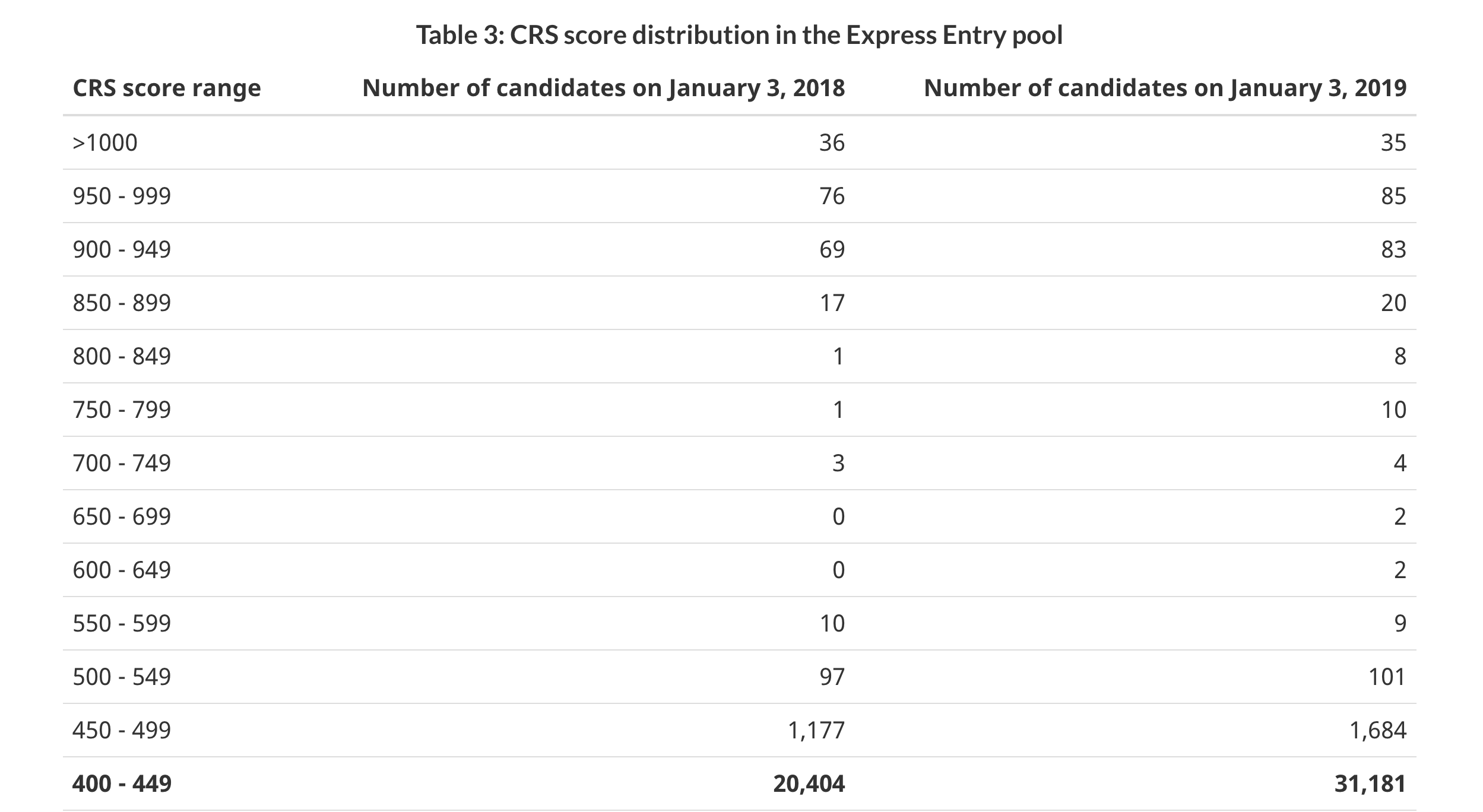
The majority of concentration of applicants’ CRS score in Jan 2019 statistics was in the range of 350-449.
Both in 2017 (119,172, i.e. 73 per cent) and 2018 (138,137, i.e. 71 per cent), the majority of the applicants didn’t claim any additional points.

The Takeaway
The eligible profiles of the applicants in the Express Entry scheme are on a steady rise since its launch in Jan 2015. This rise is expected in 2020 also. Candidates should try and get additional points for multiple reasons which can spike their CRS score.

 Moving to Netherlands: No Suffering, But Deep Regret and No Way Home
Moving to Netherlands: No Suffering, But Deep Regret and No Way Home  Canada Visitor Visa Document Checklist for Smooth Processing of Visitor Visa Application
Canada Visitor Visa Document Checklist for Smooth Processing of Visitor Visa Application  How to Extend Student Visa in Canada
How to Extend Student Visa in Canada 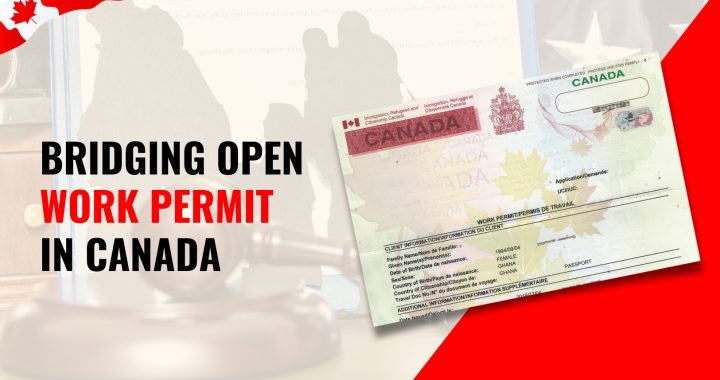 Ultimate Guide to the Bridging Open Work Permit in Canada: Stay, Work, and Thrive
Ultimate Guide to the Bridging Open Work Permit in Canada: Stay, Work, and Thrive 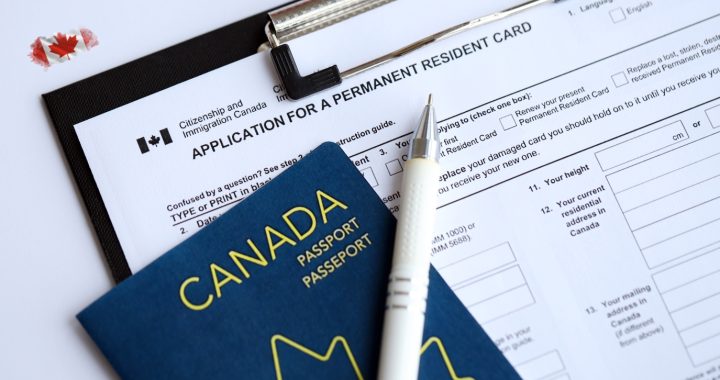 Estimate of Total Cost to Get Permanent Resident Status in Canada as Updated in 2025
Estimate of Total Cost to Get Permanent Resident Status in Canada as Updated in 2025 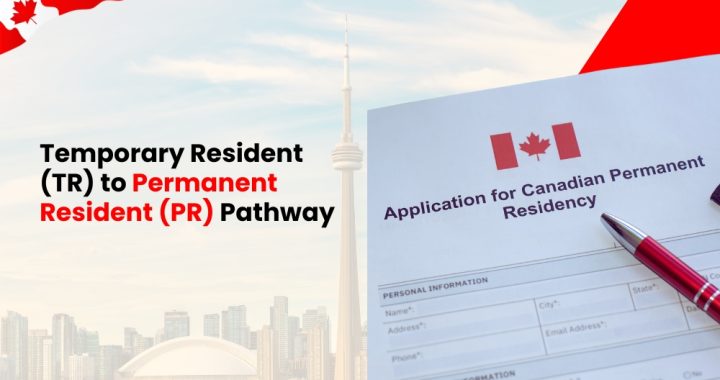 From Temporary to Forever: Your Ultimate Guide to Canada’s Temporary Resident to Permanent Resident Status in 2025
From Temporary to Forever: Your Ultimate Guide to Canada’s Temporary Resident to Permanent Resident Status in 2025  The New Era of Canadian Study Permits: Impacts and Challenges for International Students
The New Era of Canadian Study Permits: Impacts and Challenges for International Students